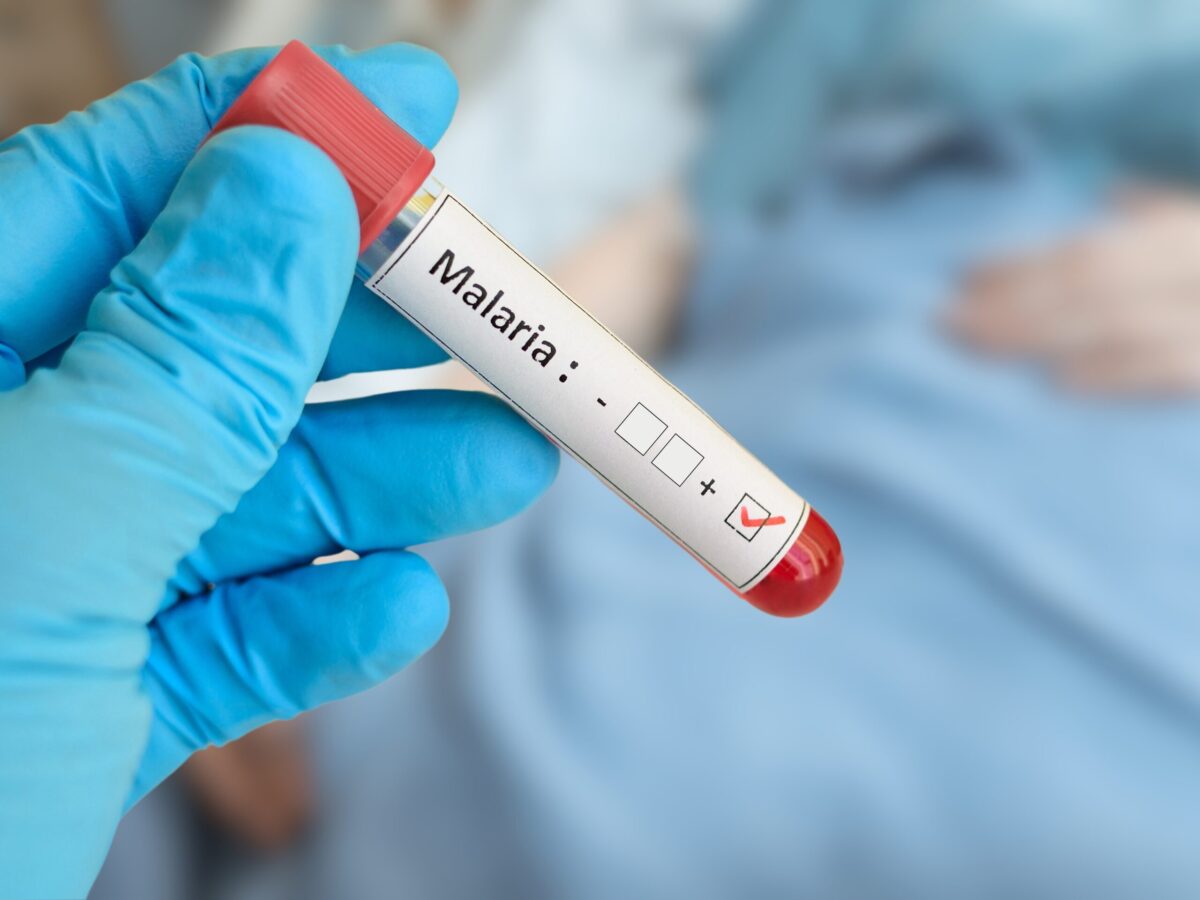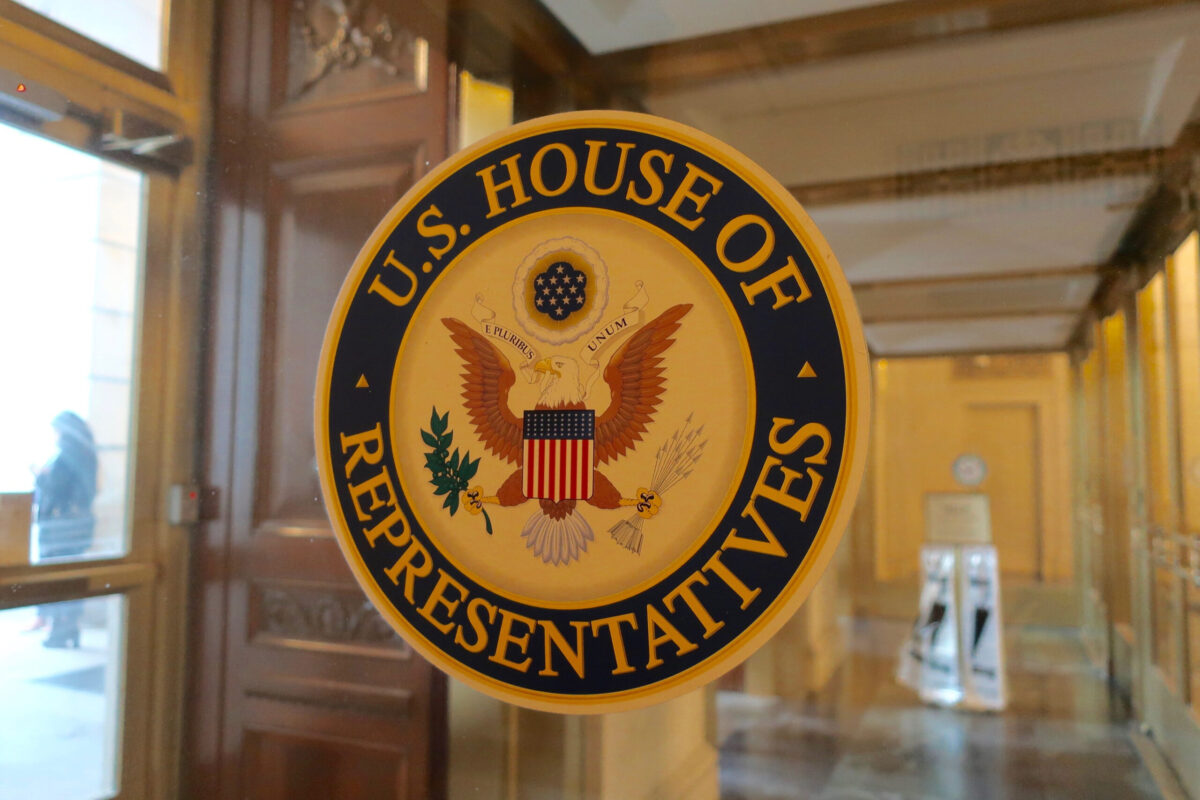According to an announcement made by India-based Bharat Biotech last week, the company has been working on two candidates for the Zika vaccine for more than a year. The vaccines in development – one of which is an inactivated for the virus, while the other is a recombinant vaccine containing antigens from the surface of the virus – could put the company ahead of others in the search for a Zika vaccine.
The company claims that they are likely the first to apply for a patent for their Zikavac vaccine candidate, which has already begun pre-clinical animal trials. Like all potential vaccines against the Zika virus – currently in development by companies such as Inovio, Sanofi and now Takeda – it could be many years before the vaccine is approved for widespread use among those at risk.
“Currently, our efforts are towards scale-up and characterization of the vaccine product,” said a statement released by Bharat. “Our interest in Zika virus, an obscure virus when we started the project a year ago, was that the clinical features at an early stage of infection are indistinguishable from that of dengue and chikungunya.”
According to Hyderabad-based Bharat Biotech, the company owns over 50 patents and provides its vaccines – including those for hepatitis B, polio, H1N1 and rabies – to more than 65 different countries. No cases of Zika virus infection have been reported in India yet.
“Considering that women of childbearing age and pregnant women are the prime target group for the Zika virus vaccine, we consider safety as the overriding factor in development of a new vaccine for this virus,” said the director of research and development for Bharat Biotech, Dr. Sumathy. “The vaccine methods developed early on – before the devastating consequences of the epidemic in Brazil came to light – provided us a push to accelerate vaccine development.”
At the beginning of February, the World Health Organization (WHO) declared the Zika outbreak as an international public health emergency. In the coming months, the virus – transmitted by the A. aegypti mosquito – is expected to spread through the Americas.
Almost 5,000 cases of microcephaly – thought to be associated with Zika infection – have been reported in in newborns, leading biotech companies to ramp-up their efforts towards development of a functional Zika vaccine. While some companies are optimistic that their vaccine candidates will be ready in a relatively-short period of time, others warn that it’s too soon to celebrate. According to Soumya Swaminathan, the director general of the Indian Council of Medical Research (ICMR) said, “They’ve got a lead, essentially … it’s certainly not a vaccine yet.”












Join or login to leave a comment
JOIN LOGIN